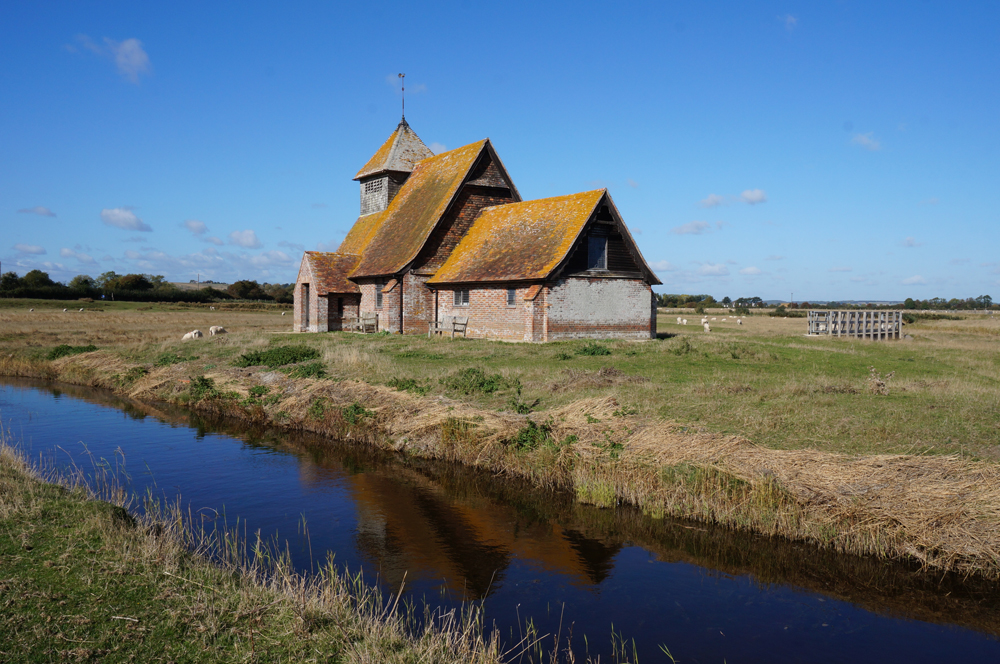 The Diocese of Canterbury has over 300 functioning church buildings. The majority of them are medieval and of national - in some cases even international - historical and architectural significance. This is recognised in their status as listed buildings. But they owe their continuing existence to the dedication and hard work of the parishioners, architects and clergy who look after them.
The Diocese of Canterbury has over 300 functioning church buildings. The majority of them are medieval and of national - in some cases even international - historical and architectural significance. This is recognised in their status as listed buildings. But they owe their continuing existence to the dedication and hard work of the parishioners, architects and clergy who look after them.
This is the page of the Care of Churches Office, which is here to support you in everything you do. You’ll find here advice on a wide range of matters to do with the upkeep and repair of church buildings and churchyards. We also advise on the various forms of permission that allow you to carry out work. We process the applications, and we’re here to guide you through the approval process if you want to make any alterations.
Who we are
 Kevin Tucker is the DAC Secretary (ktucker@diocant.org). Kevin deals with all casework relating to development projects (e.g. extensions, kitchens, level access, new heating or lighting), major repairs and conservation work to historic items within your church. He also handles all enquiries relating to quinquennial inspections. If you’d like to appoint a new inspecting architect, you can find guidance on that here.
Kevin Tucker is the DAC Secretary (ktucker@diocant.org). Kevin deals with all casework relating to development projects (e.g. extensions, kitchens, level access, new heating or lighting), major repairs and conservation work to historic items within your church. He also handles all enquiries relating to quinquennial inspections. If you’d like to appoint a new inspecting architect, you can find guidance on that here.
Samuel Barrett is the Church Buildings Support Officer (sbarrett@diocant.org). Samuel can provide you with advice to help mange your church building; plan for maintenance and repairs; and develop ideas for opening up the church for wider use. If you are a volunteer and you need some assitance -- wheter its about setting up a Friends Group, clearing your gutters or submitting a faculty -- please call or email Samuel and he can arrange to help you, either online or in-person.
If your church is consecrated, it will be subject to the faculty jurisdiction. Incidentally, if you’re not sure of its status (some churches are dedicated or licensed instead of being consecrated) then check with us. The faculty jurisdiction is a legal system governing what can and can’t be done to church buildings. If you want to make a permanent alteration or addition to your church building or churchyard, you will almost certainly need a faculty. This is a legal instrument issued by the Commissary General, the Judge of the Diocese. You must be in possession of a faculty in order to instruct a contractor to proceed with work. A faculty is sometimes required for other purposes, such as authorising an alternative use of your church or the operation of telecoms equipment installed in the building.